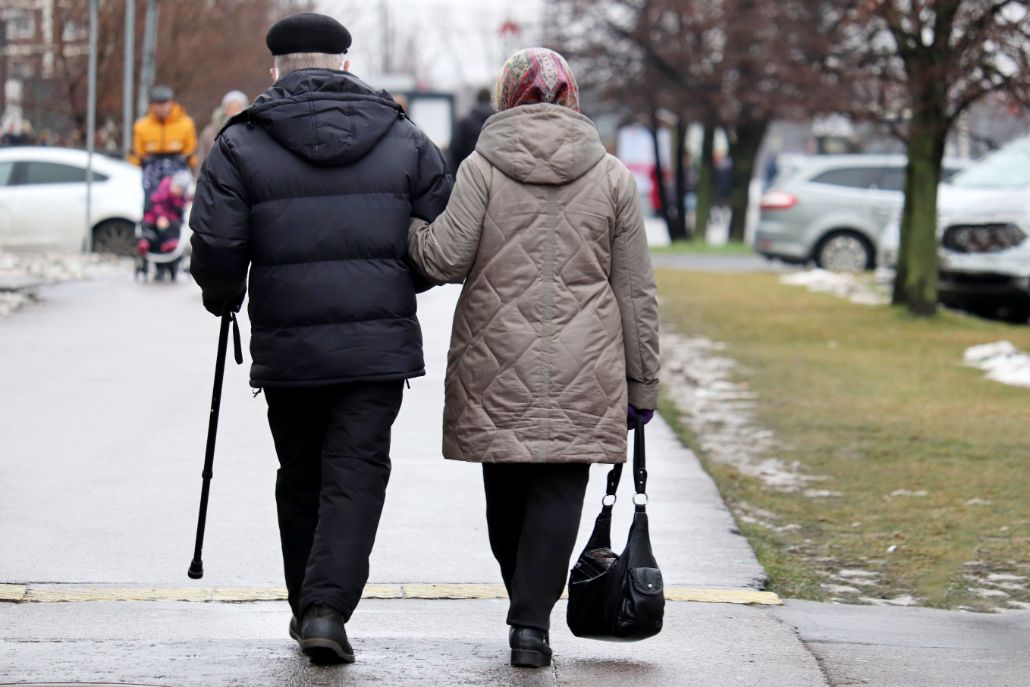
As we age, staying independent for as long as possible is a common goal. But sometimes we need a little bit of help. While we may feel uncomfortable asking for help from others, there are a few solutions that allow you to maintain independence without relying on someone else. One of these solutions is choosing an assistive device to help your stability in your day-to-day life.
Assistive devices, or mobility aids, include canes, walkers or even a wheelchair. The goal of using an assistive device is to increase your wellbeing and independence by keeping you safe and preventing possible injury.
5 Signs You Need an Assistive Mobility Device
It’s important to recognize warning signs that an assistive device is needed to increase your mobility and safety. Below are five signs it may be time to talk to your healthcare provider about assistive devices.
- Experience with a Recent Fall. If you’ve recently experienced a fall, chances are it could happen again. The CDC finds that, “one out of five falls causes a serious injury such as broken bones or a head injury.” Rather than chance a repeat fall and possibly injure yourself, try using an assistive device to increase your safety and decrease your chance of falling again.
- Walking Becomes Painful. Whether pain is caused by arthritis or as a result of an injury, pain while you’re walking can lead to decreased activity. If you dread errands or outings with friends and family due to the pain while walking, it may be time to consider an assistive device to help you maintain your everyday activities.
- Excursions are Exhausting. Exhaustion after walking or standing for long periods of time could lead to concerns about leaving home for extended periods of time. Don’t miss out on your favorite activities and consider an assistive device to help you reduce stress and gain freedom to stay out longer.
- Issues with Balance or Dizziness. Struggling to maintain balance or stability can lead to falls and injuries. Signs that balance is a problem include unsteadiness, lightheadedness, blurry vision and an increase in stumbles or falls. While there are balance exercises to help you increase your stability over time, an assistive device can also help you increase your balance.
- Certain Conditions Increase Your Concern Over Falls. Maybe you’re generally steady, but certain conditions can increase your concern over a fall. Whether those conditions are bad weather or an uneven terrain, using an assistive device even just for these moments can help you remain independent and safe.
Receive the Care You Need at Heritage Senior Living
At Heritage Senior Living, we take a person-centered approach to care, meaning we work with each of our residents to ensure their overall health and wellness goals are being met – whether it be fall prevention, lower back pain exercises or rehabilitation following a hospital stay.
No matter your care needs, our expert team is here to make your senior living experience as comfortable and fulfilling as possible. Many of our communities offer a full continuum of care, including independent living, assisted living, enhanced assisted living and memory care.
Learn more about Heritage Senior Living by contacting our team today.

